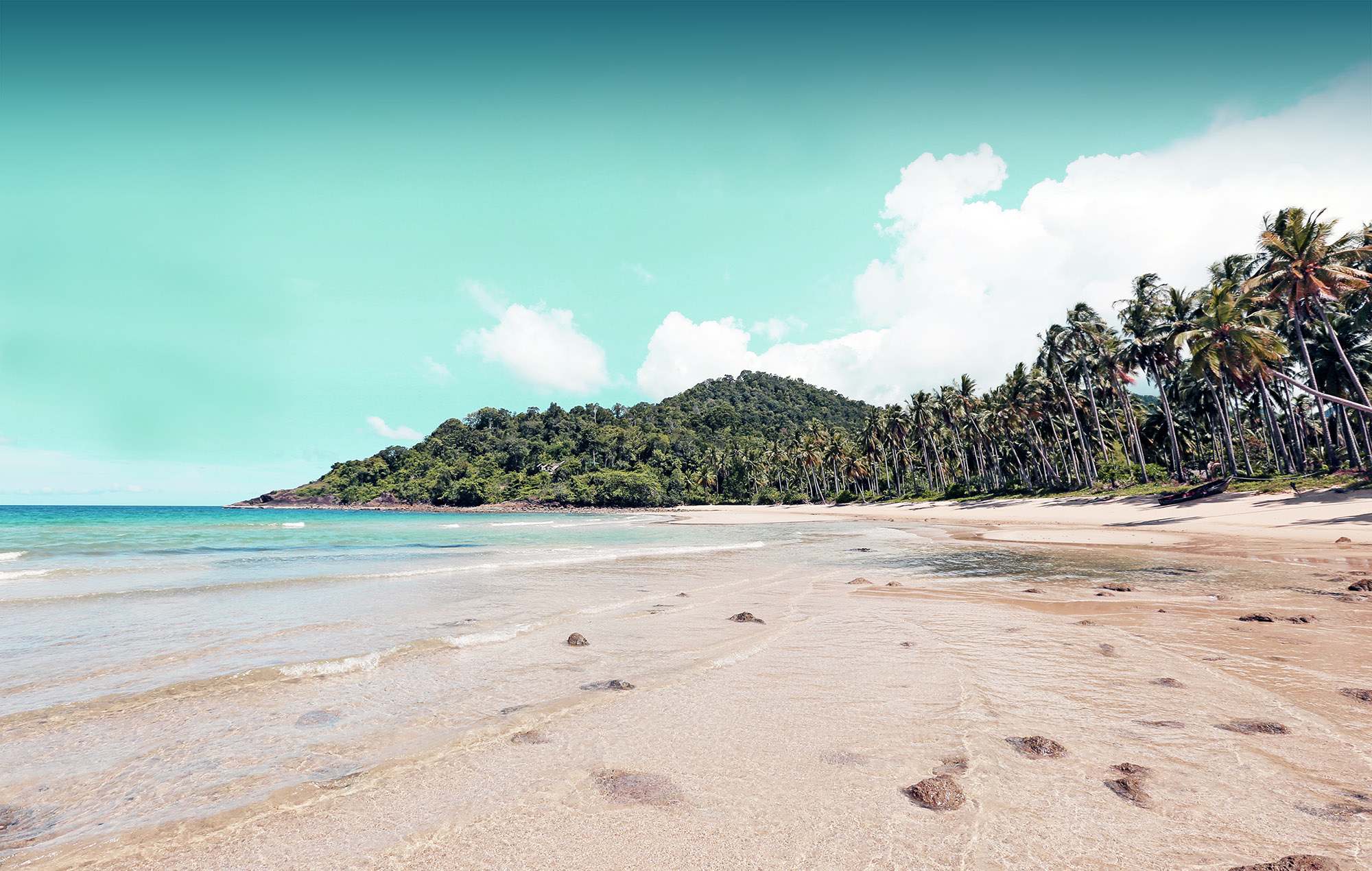Where does your money spent on traveling go?
First time I opened my Tourism Management course book back in my university days, one chart especially stood out to me. This was the “Tourism Leakage” chart, which showed the average distribution of the money spent on a holiday. When you analyse the individual elements of the chart, there are no big surprises. But the visual overview communicates a clear message: The tourism destination itself receives a surprisingly small portion of the economic benefits from your total holiday expenditure.
The chart looks something like this:

Let’s walk through the elements of this tourism leakage chart.
Blue section: A lot of the travel expenses you have before the actual trip such as airfare, insurances, and travel agency profits will benefit international and outbound companies not directly related to the country of your travel destination.
Rose-colored section: Within the country you are visiting, there are expenses such as visa fees, inbound travel agencies, and transportation providers. These might benefit the national economy, but not have any direct positive effect on your holiday destination. They might also be international companies partly with international staff, in which case more leakage occurs on a national level.
Green section: Among your expenses at the destination is the proportion of the accommodation cost that stays with the hotel, the money you spend inside hotel, and at the destination such as shopping, eating, activities, rental, transportation, and guided tours. If you book these products and services directly from the supplier, and if the suppliers are local, chances are that more economic value will stay locally. Especially in low resource communities or destinations with large gaps between rich and poor, your money are more likely to benefit a small local elite or foreign companies because these are usually the only ones who can provide tourism products that live up to international standards. A hotel belonging to an international hotel chain will send profits back to company headquarters and they will be more likely to employ internationally trained and non-local staff. If you buy and consume imported products and brands the import cost obviously leaks out of the local economy also.
Dark section: Needless to say, the size of the tourism leakage depends on the individual case and there are a lot of variables and exceptions. But there has been done research on the area. According to the UNEP (United Nations Environment Programme), for every 100 $ spent by a tourist on a holiday to a developing country, only 5$ remain in the host community. That’s a tourism leakage of 95%. Another report quoted on the same web page says that…
“70% of all money spent by tourists ended up leaving Thailand (via foreign-owned tour operators, airlines, hotels, imported drinks and food, etc.)”
One can only wonder then, how much of the remaining 30% will then stay in the host community?
Why is tourism leakage a problem?
If you made it this far, you might have quietly wondered in the back of your mind, “But is leakage so bad”? “Isn’t it just the same as other consumer products that involve a large number of stakeholders, agents, producers, buyers, whole-sellers, workers, and a mixture of raw materials from near and far?”
Good questions. I was myself wondering just the same when I analyzed the chart. Tourism has the beautiful potential to create local jobs, create cultural pride, share local knowledge and customs, give unique experiences to visitors, and to contribute economically to small local businesses and host families. How many of these benefits will materialize if you stay at an international hotel with foreign staff and management, drink Coke and Heineken, eat McDonalds, and stay at private beaches not welcoming local residents? Not much.
And why is this important? Because it is usually the host community that has to deal with all the nuisances and potential problems related to tourism. These could be…
- Price inflation – everyday goods and services become more expensive caused by tourism development, but local salaries might not increase proportionally.
- Water shortage – tourists use a significantly more water than local residents. This can be a big problem in areas of freshwater shortage. For example swimming pools, bath tubs, air-conditioning, frequent washing of bed sheets and towels, irrigation of gardens, and activities such as golf require great amounts of water.
- Waste management – tourists use and require a lot of single-use products such as shampoos and lotions, slippers, chemicals from daily cleaning of rooms and common hotel areas, batteries etc. At the same time high seasons can attract a great number of tourists to a relative small area creating more waste along with increased pressure on the infrastructure.
- Space issues – your favourite beach could be full of tourists or even worse, it could be privatized, so only the paying tourists get the best beach spots.
- Cultural issues – in a tourism destination where local customs, tastes, and socio-cultural and political sensitivities take a backseat to a hedonistic and bulldozing “tourist culture”, tourists are likely to cause annoyance, worry, and even contempt among local residents. Interestingly, but perhaps not surprisingly, tourists sometimes behave worse on holiday, as they also take a vacation from their normal responsibilities and restrictions from back home.
- Noise issues – tourists don’t have to work the next day, so every night is a new opportunity for a party.
What can you do to make your money benefit the society in which you are traveling?
To make sure your holiday expenses benefit the destination and the communities you are visiting, we want to make a list of things you can do. Remember to follow Beachmeter.com, so you don’t miss this list. If you have any suggestions to add to the list, please feel free to contact us.
Interested in reading more about tourism leakage?
Here are some links for further reading to those interested:
Problems in Paradise – article by Chris Brazier co-editor of New Internationalist. This article touches not only upon tourism leakage, but also a number of the challenges and problems with tourism development in general.





